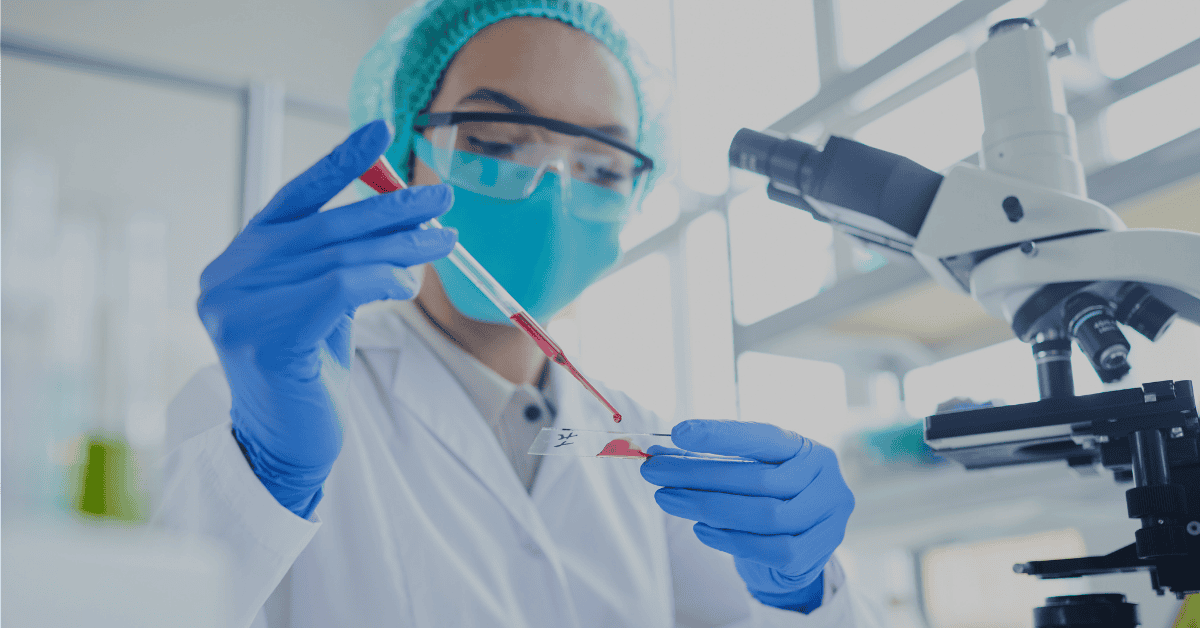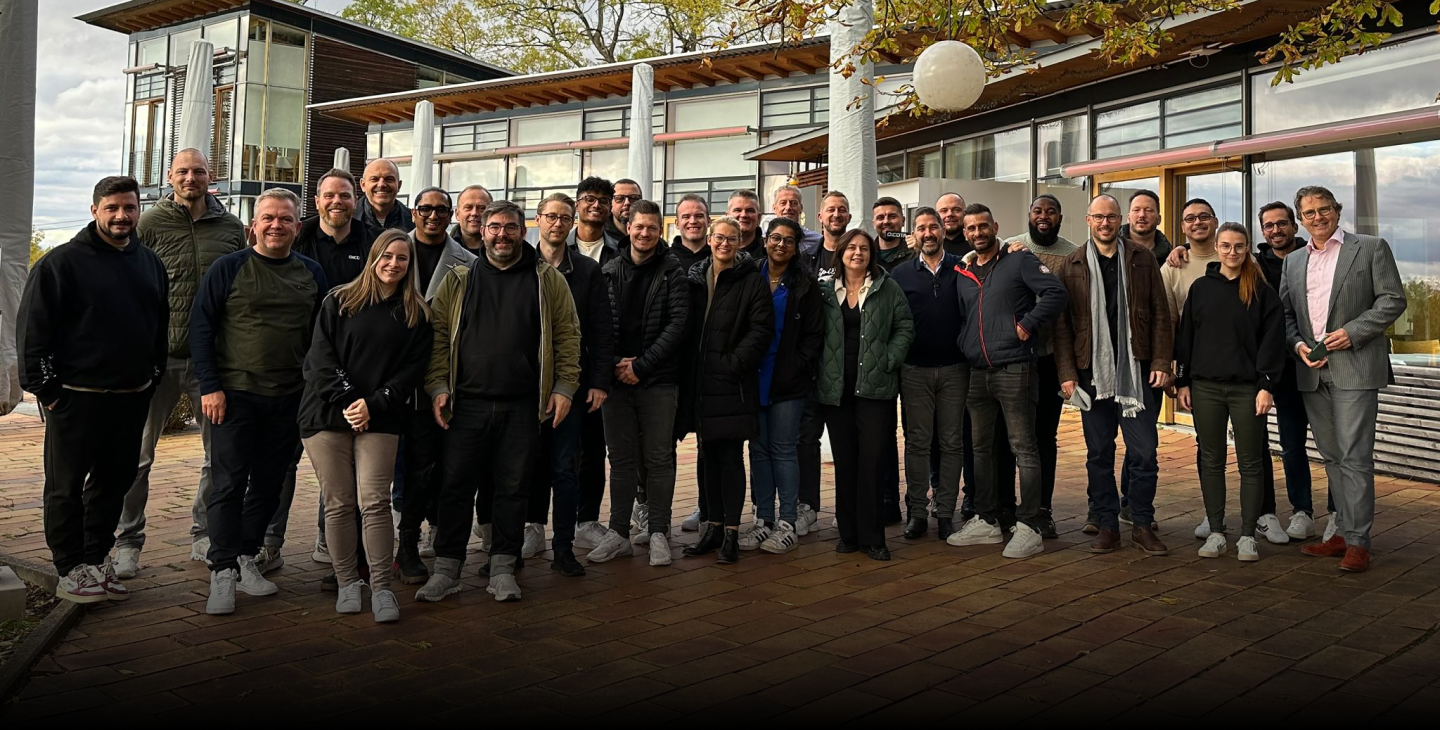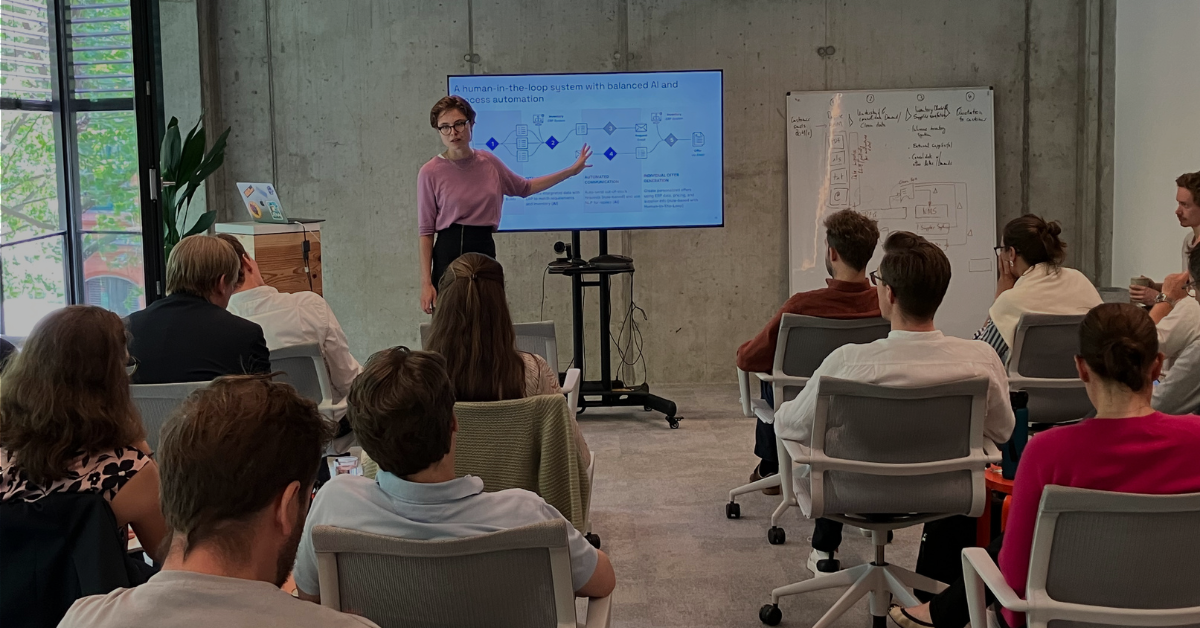
AI-supported, non-invasive hemoglobin monitoring

The customer
The challenge

Patients with hematologic diseases such as myelodysplastic neoplasia (MDS), acute myeloid leukemia (AML) or recovering from chemotherapy require close monitoring of their hemoglobin (Hb) levels to assess the need for blood transfusions. This is usually done through invasive blood draws - once or twice a week - and requires frequent hospital visits. These appointments are not only time-consuming, but also place a considerable burden on patients - physically, organizationally and psychologically.
Despite technological advances, there is currently no reliable, non-invasive solution that can accurately measure hemoglobin levels from home. This gap in care significantly impairs the quality of life of those affected - especially those who are already struggling with severe health restrictions.

Solution

As part of a feasibility study, we worked closely with physicians and researchers at Leipzig University Hospital to test the development of a non-invasive solution for hemoglobin monitoring. The approach was based on estimating Hb levels from photographs of patients' fingernails and eyelids, supplemented by clinical context and existing patient data.
During the project, we were in continuous exchange with medical experts to better understand the clinical processes, evaluation needs and realities of patients' lives. Together, we iteratively refined the data processing and investigated how existing signals could be better utilized to enable practical, more precise monitoring. This close integration of technical development and clinical feedback ensured that the solution remained practical and medically relevant.
Results & effects

We were able to significantly improve the prediction accuracy of the existing ML model, reduce the error tolerances and identify new development paths - including more structured data acquisition and further developed ML methods.
The study also showed that physiological data can be meaningfully combined with patients' quality of life scores to enable more personalized and efficient transfusion strategies. The clinical project group rated the results as extremely promising. They form a reliable basis for further research and development. The next step is to develop a clinically applicable diagnostic tool that improves patient-centered care while reducing the need for regular hospital visits.
Overview
- Leipzig University Hospital
- Leading academic medical center in Germany
- Offers comprehensive care in all important specialist areas
- Combines patient care, research and teaching under one roof
- Feasibility study
- Non-invasive determination of clinical biomarkers
- Computer Vision & Clinical Imaging
- Development and evaluation of ML models
- Iterative development with clinical feedback


.png)
.png)
.png)
.png)







